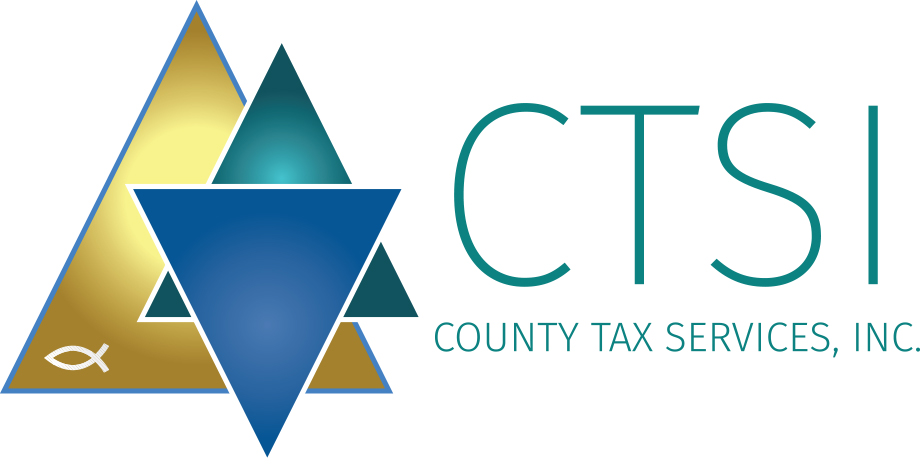1. Why is the County conducting an audit?
- To ensure fairness, equity and education.
2. Why was I chosen for audit?
- Each county may have their own criteria; however, a random selection is recommended for all counties.
3. What happens after I have been chosen for audit?
- You will be contacted by our office to schedule an appointment at which time you will be instructed as to which documents you will need.
4. How many years are open for audit?
- Current plus five years per North Carolina General Statute 105-312(g)
5. Why are depreciation schedules, Income Tax Returns and Trial Balances being requested?
- These 3 documents make up the taxpayers financial records and are needed to validate what should be reported on the listing form.
- Depreciation schedules are a list of all assets owned by the business, whether fully depreciated or not.
- Only certain parts of the ITR are needed to validate the capitalized and expensed assets.
- Trial Balances (includes Balance sheets and Profit & Loss Statements) provides more detail than the ITR and is used to validate assets.
6. What can be used if a taxpayer does not have a Trial Balance?
- Certain schedules from the Income Tax Return can be used if a trial balance is not available.
7. Why is vehicle information needed and what needs to be provided?
- Most vehicles are assessed for property taxes at the time of annual renewal. Certain vehicles (multi-year tagged, unregistered, etc.) are still subject to personal property taxes and should be listed annually on the listing form. Information needed to verify vehicles owned by a business can include annual registration documents, vehicle titles, etc.
8. Are Consolidated Federal Corporate Tax Returns useful for audit?
- In most instances, No, when a business has a Federal Tax Return that incorporates several locations into one ITR it cannot be used in the review process. However, at times a North Carolina State Return may be requested.
9. For leasing companies, may a sampling of leases and invoices for the assets located within the county be provided? If so, how many samples are considered sufficient?
- Sampling may be considered. However, the relevance would be determined by the county as each review is different and may vary from business to business.
10. What is the difference between Historical and Acquired Cost?
- The amounts reported on the annual listing form should be historical cost which is the original cost of an item when first purchased, even if it was first purchased by someone other than the current owner. Acquired cost can be the cost of an asset purchased new (historical cost) but is more commonly used to describe the cost of an asset purchased used.
11. What are Leasehold Improvements?
- This group includes improvements made by or for the business to real property leased or used by the business. The improvements may or may not be intended to remain in place at the end of the lease, but they must still be listed by the business unless it has been determined that the improvements will be appraised as real property by the county. Contact the appropriate county if you have questions as to whether improvements will be appraised as real property or personal property.
12. Supplies – What, How & Why?
- The instructions on the Business Personal Property Listing form has a description what should be listed. The NCDOR also has a standard listing form with instructions: http://www.dornc.com/downloads/listingform_archive/2016/listingform.pdf
- How to list supplies – The recommended way to list supplies is to review your supply accounts and divide the year-end total by twelve (12) to arrive at a one month on hand amount. Another way is to take an actual inventory on January 1 of ALL supply accounts and report this number.
- Why – NC General Statutes 105-274 states that ALL property real & personal should be listed.
13. What if my fiscal year differs from a calendar year?
- Business Personal Property Tax Returns are to be listed on a calendar year basis. The lien date for listing is January 1 of each year; therefore, the assets owned as of December 31 of the previous year should be listed. It may require utilizing 2 years of fiscal year statements to obtain a full calendar years’ worth of assets and information.
14. If there is a discovery, how much do I owe?
- Contact the county regarding the value that you see on your Discovery Letter and how it translates into actual taxes owed. Note, the discovery letter amounts represent value and not taxes owed.
15. How do I appeal the Discovery Letter?
- Usually, the discovery letters will have instructions at the bottom on how to appeal. Pursuant to North Carolina General Statutes 105-312(d,4) “A statement to the effect that the listing and appraisal will become final unless written exception thereto is filed with the assessor within 30 days from the date of the notice”. Therefore, a taxpayer would need to write a letter to the Tax Assessor/Tax Administrator in the county they received the notice, within 30 days of the notice, stating that they are appealing the notice. The County would then give instruction on what to do next.

